In today’s rapidly changing world, each generation brings its own unique perspectives and values. Gen Z, the digital natives born into a world of technology, often find themselves puzzled by some of the everyday habits of older generations. While these practices were once essential, they now seem outdated to a generation accustomed to instant access and digital convenience.
As a result, many traditional activities that older generations hold dear are seen as unnecessary or even counterproductive. This article explores twelve habits that Gen Z considers pointless, shedding light on the evolving nature of our daily lives and the differing priorities between generations.
1. Balancing a Checkbook

For older generations, balancing a checkbook was a monthly ritual. It provided a sense of control and an accurate grasp of their finances.
Today, Gen Z relies on digital banking apps that offer real-time account balances and transaction histories. The tedious process of manual calculations seems redundant in a world where financial information is just a tap away.
Embracing technology, Gen Z trusts automated systems to keep their finances in check, rendering the physical checkbook obsolete. Why spend time on paperwork when an app can do it for you?
2. Collecting Paper Receipts
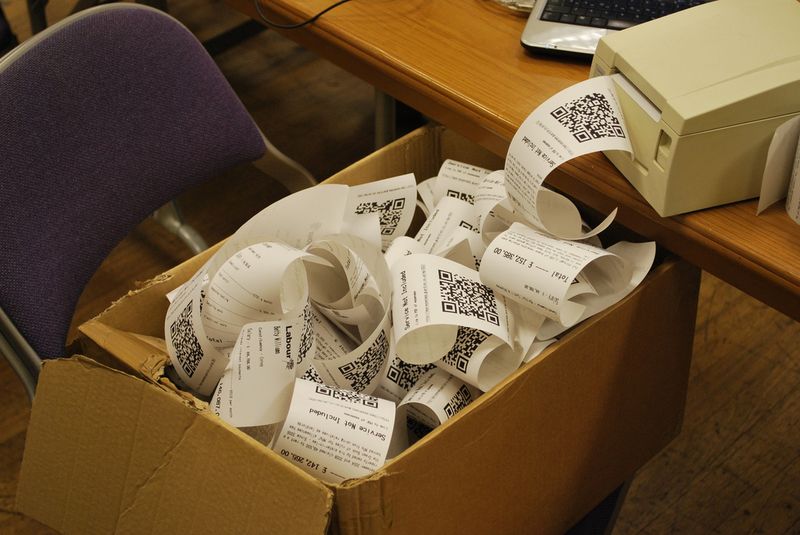
In the past, keeping paper receipts was essential for personal finance management and tax purposes. Older generations have boxes filled with crumpled paper trails.
However, Gen Z prefers digital records. With the rise of receipt scanning apps and e-receipts, the physical collection seems like an extra hassle.
The convenience of storing everything digitally allows for quick access without the clutter. Why hoard paper when you can have a digital archive? The environment thanks them too!
3. Using Landline Phones
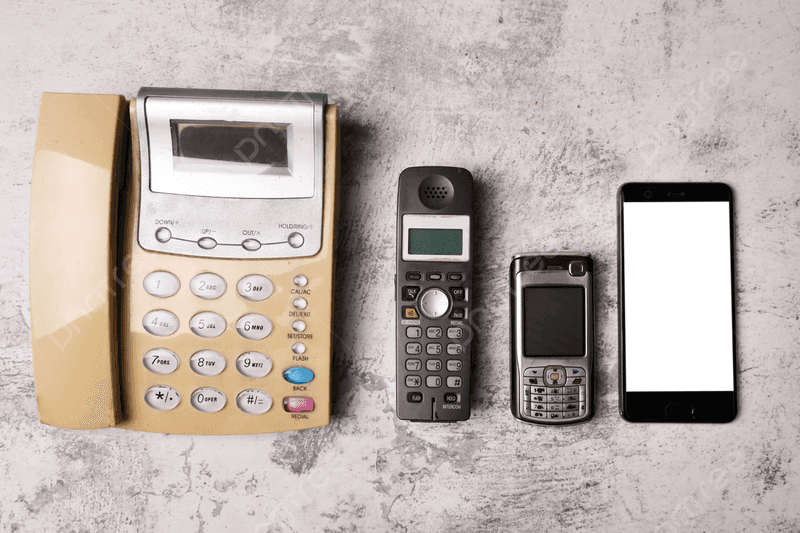
Landline phones were once the cornerstone of home communication. They were reliable and connected families across distances.
But, Gen Z sees little need for them in a world dominated by smartphones. Mobile devices offer everything from calls to video chats, making landlines seem like relics.
Why stick to a corded device when connectivity can fit in your pocket? With a smartphone, you’re always just a swipe away from anyone, anywhere.
4. Writing Checks

Once a staple of transactions, writing checks provided a tangible way to manage payments. Older generations used them for everything from groceries to rent.
For Gen Z, the process feels slow and unnecessary. Digital payments are faster and more secure. Why write a check when you can tap your phone?
In a digital age, checks are more a historical curiosity than a practical tool. Gen Z values efficiency and speed, and checks just don’t fit the bill.
5. Subscribing to Physical Newspapers

Physical newspapers used to be the primary source of news. Every morning, older generations unfolded pages to stay informed.
Gen Z favors digital news platforms, accessing updates in real-time. The tangible newspaper seems slow and cumbersome compared to instant notifications.
Why shuffle through pages when news can be refreshed with a swipe? The speed and accessibility of digital media have changed the landscape of news consumption entirely.
6. Using Paper Maps

Exploring new places once meant unfolding a cumbersome paper map. Older generations mastered the skill of map reading.
For Gen Z, digital navigation tools are the go-to choice. GPS provides turn-by-turn directions, making paper maps seem like unnecessary puzzles.
Why navigate the old-fashioned way when an app can lead the way with precision? Technology ensures every destination is just a click away.
7. Manual Clocks and Watches
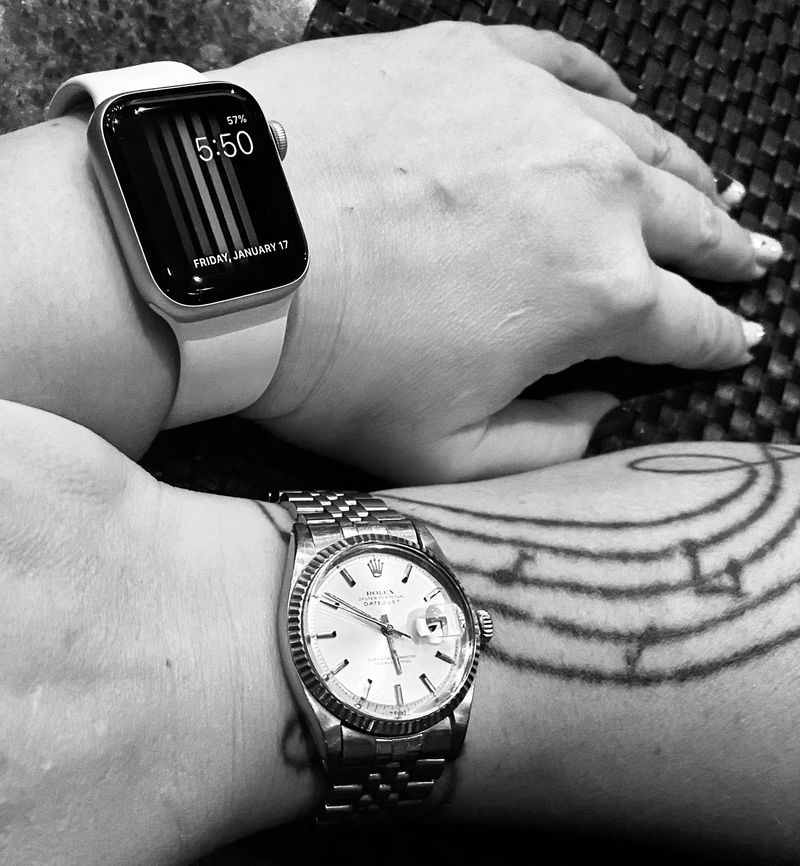
Timekeeping has greatly evolved from the days of manual winding watches and wall clocks. Older generations cherished these as both functional and decorative pieces.
For Gen Z, smartwatches and digital clocks offer multifunctionality and precision. Traditional clocks seem like nostalgic artifacts.
Why wind a watch when you could track fitness and get notifications on your wrist? The allure of technology turns time into a dynamic experience.
8. Cooking from Physical Recipe Books
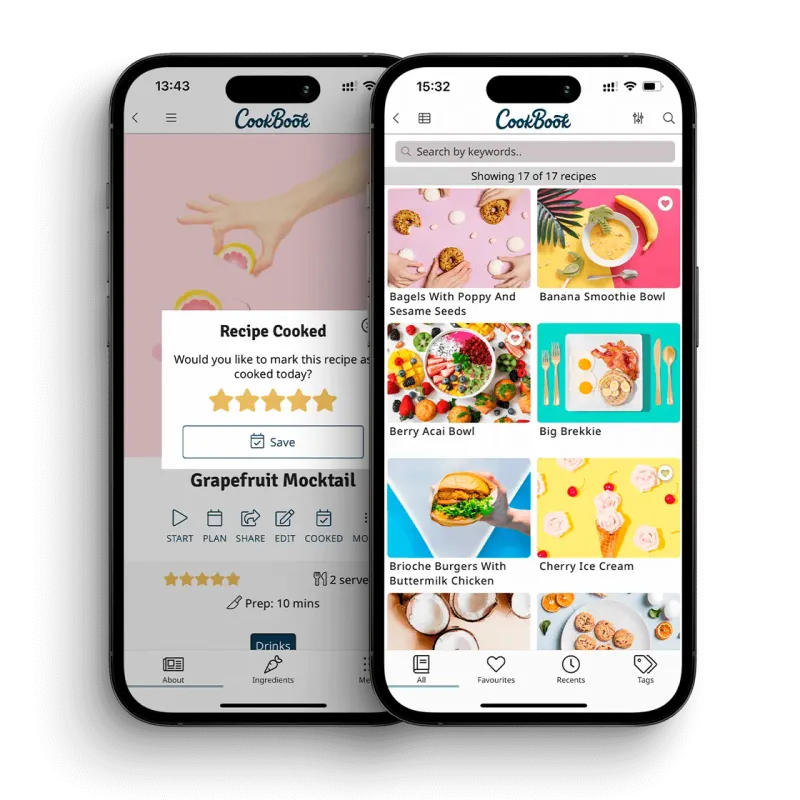
Physical recipe books were once kitchen staples. Older generations passed them down, filled with handwritten notes.
Gen Z prefers digital recipes on apps and websites. The ease of searching for specific dishes online makes physical cookbooks feel bulky.
Why flip pages when a search bar can find the perfect recipe instantly? Digital platforms offer video tutorials and reviews, adding layers to cooking experiences.
9. Using Cash for Transactions
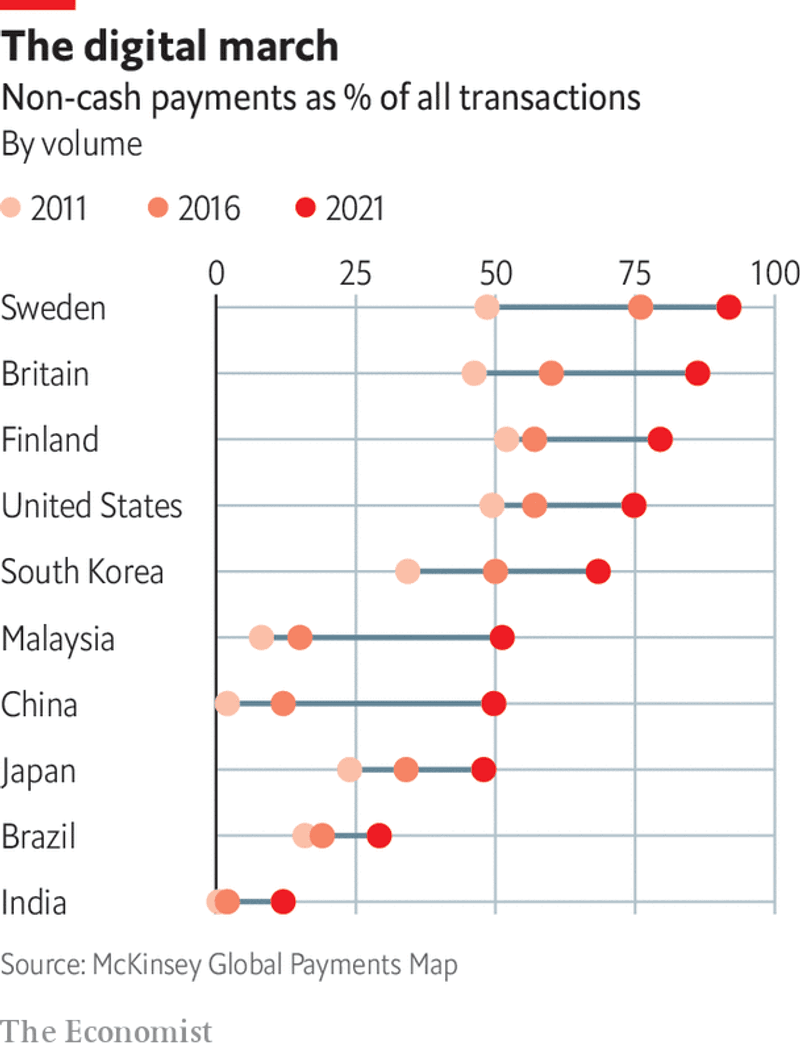
Cash was once king of transactions. Older generations relied on it for everyday purchases.
Gen Z leans towards cashless methods, such as cards and mobile payments. The speed and convenience of digital transactions make cash seem cumbersome.
Why count bills and coins when a card swipe or phone tap suffices? In a digital economy, cash is slowly losing its throne.
10. Sending Handwritten Letters
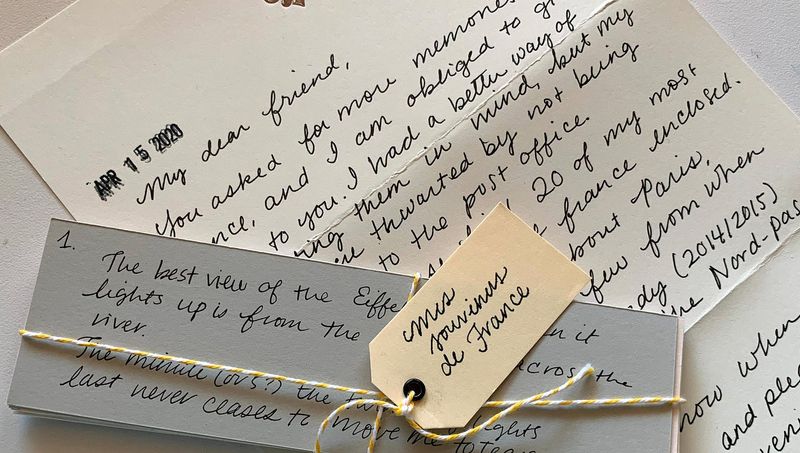
Handwritten letters once carried heartfelt messages across distances. They were cherished by older generations for their personal touch.
For Gen Z, digital communication is faster and more efficient. Emails and messages replace pen and paper, making handwritten notes rare.
Why wait for days when a message can be sent instantly? The digital age redefines how we connect and express emotions.
11. Wearing Formal Business Attire Daily

Dressing formally for work was once a daily norm. Older generations donned suits and dresses to maintain professionalism.
Gen Z values comfort and flexibility, preferring smart-casual styles. The rigid boundaries of formal wear seem less relevant.
Why confine yourself to a suit when you can express individuality and still look professional? The modern workplace embraces diverse fashion choices.
12. Reading Physical Books

Books have been timeless treasures, filled with stories and knowledge. Older generations love the tactile experience of flipping pages.
However, Gen Z leans towards e-readers and audiobooks. The convenience of carrying entire libraries digitally makes physical books seem heavy.
Why carry a book when your tablet holds thousands? The digital age reshapes reading habits, blending tradition with technology.

Well, hello there!
My name is Jennifer. Besides being an orthodontist, I am a mother to 3 playful boys. In this motherhood journey, I can say I will never know everything. That’s why I always strive to read a lot, and that’s why I started writing about all the smithereens I came across so that you can have everything in one place! Enjoy and stay positive; you’ve got this!

